|
|
|
|
It has been 10 years since Côte d’Ivoire, with the help of the United Nations, commenced a process of building peace after a nine-year war. The process involves a disarmament, demobilisation and reintegration exercise as well as a transitional justice programme. Although the country has not returned to war, elections in 2018 and 2020 were marred by violence and many Ivorians say more needs to be done to unite the country. Jessica Moody explains why many are dissatisfied with both types of post-conflict programme.
Mindfulness, an ancient meditation technique practised by Buddhists, is proving its worth in the workplace, despite some concerns that its true meaning could be lost in translation. Linda Kantor, Kurt April and Warren Nilsson studied an array of professionals who’d attended some form of training in mindfulness leadership, and found that it helped them manage conflict. They made changes that were likely to affect employees’ motivation,
workplace engagement, and performance at work.
Subscribe to our WhatsApp bulletin here.
|
Wale Fatade
Commissioning Editor: Nigeria
|

|
|

Social reintegration and personal reconciliation should be paramount in post-conflict Cote d'Ivoire
Issouf Sanogo/AFP via Getty Images
Jessica Moody, King's College London
Based on the Cote d'Ivoire experience, the United Nations must reconsider its emphasis on coordinating reintegration and transitional justice irrespective of the post-war context.
|

Carving out time every day for mindfulness exercises has been shown to be beneficial.
Shutterstock
Dr Linda Kantor, University of Cape Town; Kurt April, University of Cape Town; Warren Nilsson, University of Cape Town
The founding principles of the Buddhist meditation technique known as mindfulness can help business leaders build stronger relationships in the workplace.
|
Arts, Culture + Society
|

Francesca Negro, Universidade de Lisboa
A year later, it's clear that the dance promotes a conscious concept of Africanity – sowing feelings of tolerance and contentment that have conquered international audiences.
| |
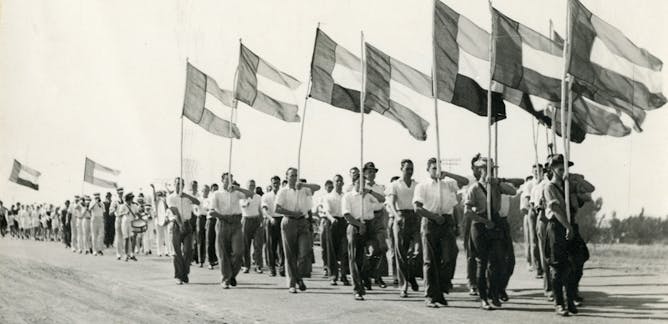
Evert Kleynhans, Stellenbosch University
Following the war, the South African authorities were anxious to charge known war criminals, traitors and collaborators. But nothing came of it.
|
|
|
Health + Medicine
|

Hamish Graham, Royal Children's Hospital; Adegoke Falade, University of Ibadan
An effective oxygen system requires prompt recognition of who needs oxygen, a reliable oxygen supply and safe delivery to those who need it.
| |
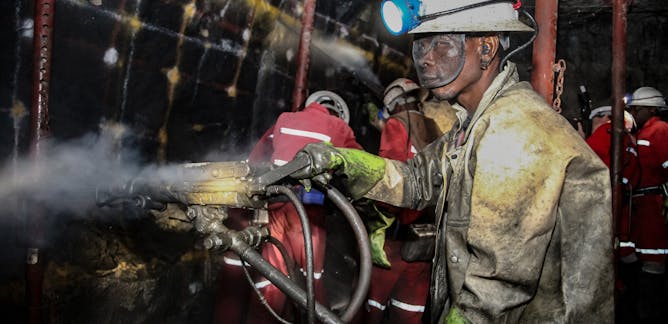
Nomfundo Moroe, University of the Witwatersrand
Noise-induced hearing loss is an occupational health hazard. It remains a prevalent condition in the South African mining industry.
|
|
|
Environment + Energy
|
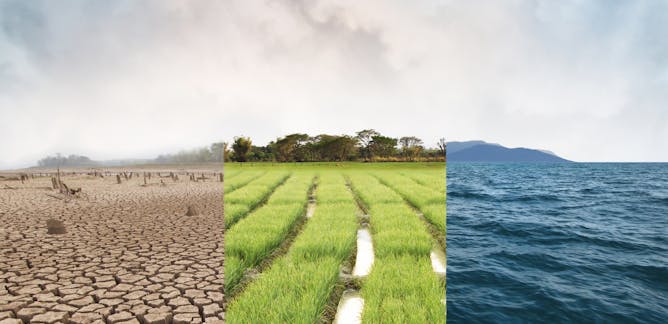
Nicholas P. Simpson, University of Cape Town; Christopher Trisos, University of Cape Town
A holistic view of climate change risk considers climate hazards, exposure, vulnerability and the responses to these. It also takes into account how multiple risks interact.
| |
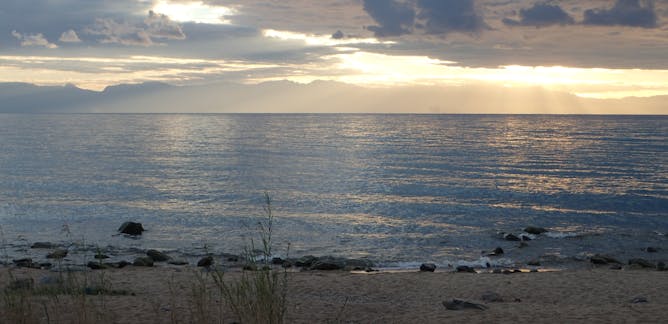
Jessica Thompson, Yale University; David K. Wright, University of Oslo; Sarah Ivory, Penn State
Combining evidence from archaeology, geochronology and paleoenvironmental science, researchers identified how ancient humans by Lake Malawi were the first to substantially modify their environment.
|
|
|
From our international editions
|

Steven Furnell, University of Nottingham
Passwords have been around for decades and we’re still getting it wrong.
| |
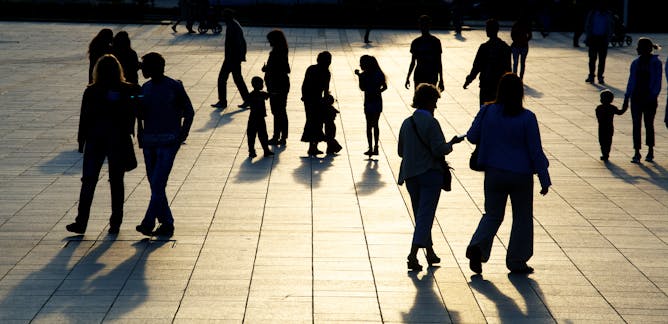
Lukas J. Wolf, University of Bath; Geoff Haddock, Cardiff University; Gregory Maio, University of Bath
The findings suggest adults feel more prosocial with children around – even if they don't have any themselves.
|
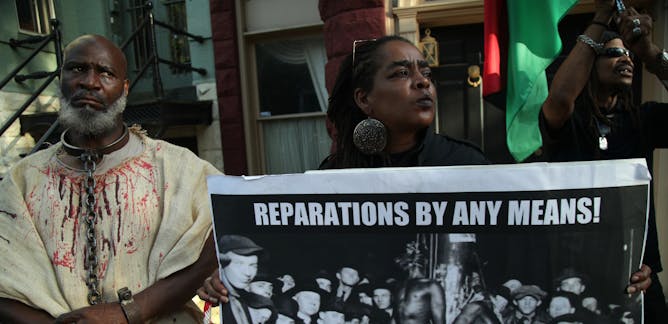
Kwasi Konadu, Colgate University
As the US debates reparations for descendants of slavery, cases in Africa help illustrate the limits of programs focused solely in financial restitution.
| |
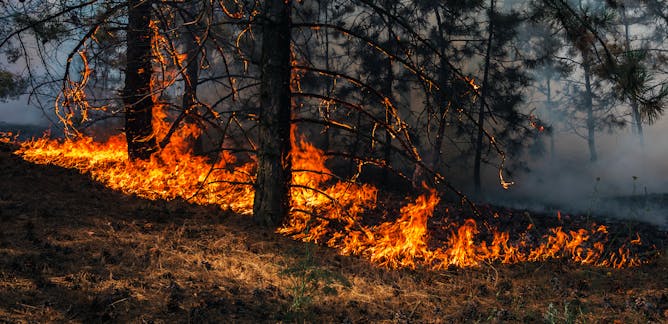
Mark Maslin, UCL
A future of heat and strife or humanity’s finest hour – our response to climate change today will define the 21st century.
|
|
|
| |
Featured events
|

|
10 Marais Street, Stellenbosch, Stellenbosch, Western Cape, 7600, South Africa — Stellenbosch University
|
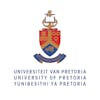
|
Future Africa, Pretoria, Gauteng, 0083, South Africa — University of Pretoria
|

|
MS Teams, Western Cape, 7600, South Africa — Stellenbosch University
|

|
Zoom, online, Zoom, online, Gauteng, Zoom, online, South Africa — University of Pretoria
|
|
|
|
| |
| |
| |
Would you like to republish any of these articles?
|
|
It’s free to republish, here are the guidelines.
Contact us on africa-republish@theconversation.com in case you need assistance.
|
| |
| |
| |
| |
|
|
|
|
|
|
|